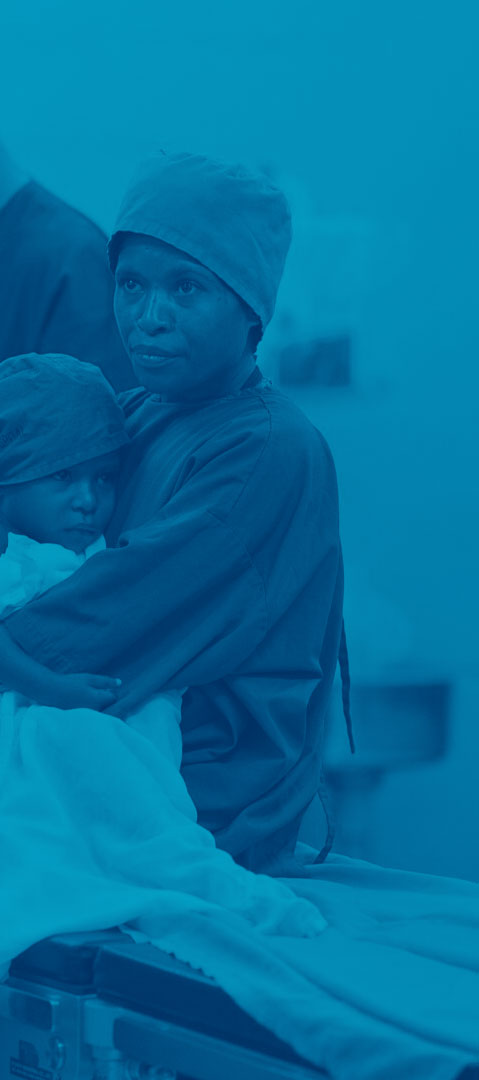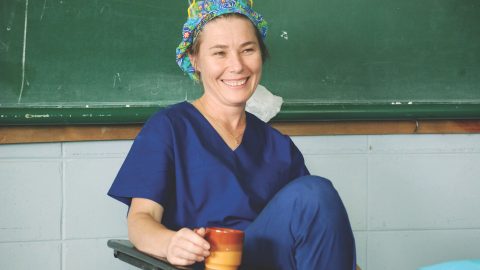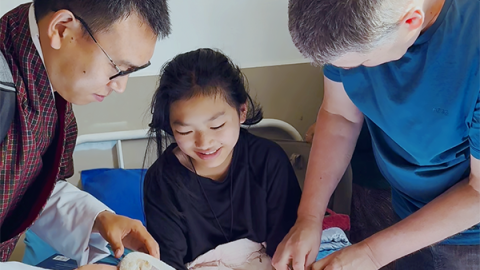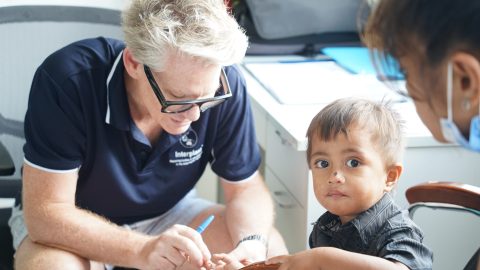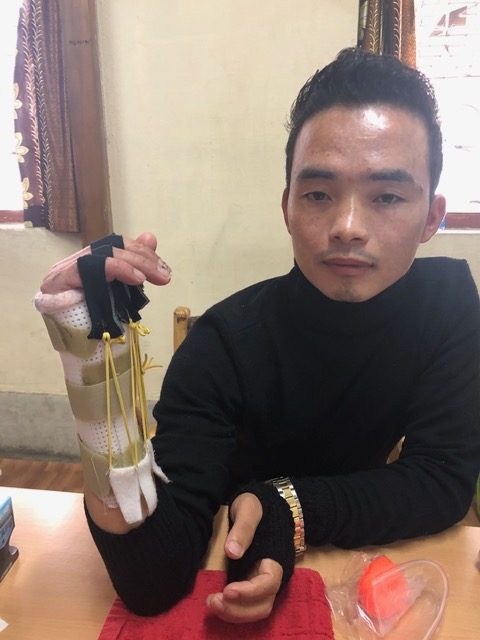
Gyeltshen is a 25-year-old who has lived in Bhutan’s capital Thimphu with relatives since adulthood, although he is originally from Tashiyangtse in the east of Bhutan.
Gyeltshen studied in Israel in 2019 to gain a certificate in agriculture.
Gyeltshen had expected to return to Bhutan from Israel and find work in his agricultural trade. His work involves recording what he does and using tools such as scissors for grafting plants and spades for potting.
Unfortunately, Gyeltshen was travelling on a bus when a tyre exploded. He was hurled into the window and his right hand went through the glass (Gyeltshen is right-handed). The glass cut the back of his right hand, slicing the tendons that straighten his fingers.
Surgery was done on the day of the accident. Gyeltshen completed his study and then returned to Thimphu and started hand therapy.
Gyeltshen wasn’t able to write properly. He didn’t look for work as he knew he couldn’t do the necessary duties. He began to worry about the future, especially whether he could ever support his family at home in Tashiyangtse.
Gyeltshen was invited to see the Interplast volunteer occupational therapy team. The team, which included Interplast volunteer hand therapists Dr Nicola Massy-Westropp and Suzanne Caragianis, immediately assessed his hand function for ability, strength, motion and scar quality.
“Initially I was wishing we had seen Gyeltshen months ago,” said Nicola. “If we’d seen him earlier, he could have pulled his tendons through the scar tissue. It would have been a better outcome.”
Gyeltshen’s poor movement and pain led the therapists to requesting a further x-ray to ensure there were no unhealed fractures.
Once the possibility of fractures was eliminated, the Interplast hand therapists developed an intensive therapy program of scar massage, scar gel to make the scar pliable, gliding tendons through the scar and splinting to enable finger straightening,
Gyeltshen said that the therapy program was challenging, the pain was hard to handle, he couldn’t feel all of his hand properly and couldn’t lift anything. However, he persisted and noticed rapid improvements in his ability to use a pen.
After two weeks of intensive hand therapy Gyeltshe had made rapid progress. He now believes that he will be able to do any sort of work now that his hand is “maintained”.
“Now I’m not worried about earning money to support my family,” Gyeltshen said.
Hand therapy resulted in less scar tissue, significant gains in functional range of motion and strength, and a better functional outcome.
Nicola, on her first volunteer program with Interplast, gained a great deal from working on this case.
“We were thrilled that Gyeltshen gained confidence with his hand,” Nicola said.
“I got so much out of the program to Bhutan. I’m so proud of being part of Interplast!”
The Interplast allied health mentoring program to Bhutan was supported by the Department of Foreign Affairs and Trade’s Australian NGO Cooperation Program (ANCP).
